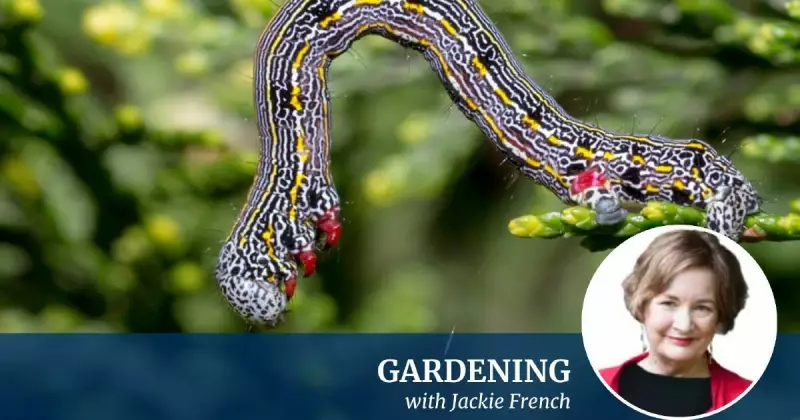
How do you explain to a hungry wallaby that your prized flower beds aren't an all-you-can-eat buffet? That's the delightful dilemma facing celebrated Australian author and gardener Jackie French, who finds herself sharing her Canberra garden with Petunia, a wallaby with expensive tastes in flowers.
Petunia has recently developed a preference for dahlia petals and other floral delicacies, leaving French's once-vibrant flower beds stripped bare. "I've been trying to explain to Petunia that eating every single flower and flower bud in the flower beds displeases me," French writes in her November 19, 2025 column for The Canberra Times. The wallaby responds by simply chewing another dahlia while looking puzzled.
The Philosophy of Garden Pest Management
French approaches garden pests with a balanced perspective that many Australian gardeners will appreciate. She acknowledges that from one viewpoint, Petunia is indeed a pest that has destroyed years of careful planting. However, she also recognises the special privilege of having native wildlife so close to home.
"I planted the flower bed for enjoyment," French notes. "I enjoy Petunia as much as the flowers." This acceptance becomes particularly relevant as spring brings what she calls the 'season of pests' to Australian gardens.
On the other side of her house, giant black and white butterflies flutter among finger lime trees, creating a scene straight out of a Disney film. French knows these beautiful insects will soon lay eggs that become leaf-munching caterpillars, but she's made her peace with this natural cycle too.
Natural Pest Control Solutions
For gardeners facing more destructive pests, French offers practical, environmentally-friendly solutions. She emphasizes that spring pest infestations are often naturally controlled by pest eaters when gardens provide the right habitat.
"Spring's pest infestations are usually controlled by pest eaters," she explains, "as long as you have enough flowering plants, trees and shrubs and other nesting places for pest-eating birds, and a nice warm compost bin for blue tongue lizards to overwinter in."
When intervention becomes necessary, French recommends several methods:
- Manually squishing aphids
- Using shallow containers of water with cooking oil to trap pests
- Employing free-range chickens for grasshopper control
- Her go-to remedy: a homemade flour-based glue spray
The glue spray recipe is simple: mix one cup of white flour with boiling water to eliminate lumps, then add cold water until it reaches a sprayable consistency. This mixture suffocates pests like stink bugs, pear and cherry slugs, and caterpillars without harmful chemicals.
When to Embrace the Pests
French's overarching gardening philosophy leans toward cultivation rather than eradication. "Mostly: don't bother," she advises. "Concentrate on growing instead of killing. Feed and water, and your plants will mostly outgrow the pests."
She reminds gardeners to maintain perspective, noting that every caterpillar may produce a hundred butterflies. This approach reflects a deeper understanding of ecosystem balance that has developed over her decades of gardening experience.
Meanwhile, French continues her seasonal gardening activities, including daily seedling watering, mulberry picking (despite competition from bower birds), and pruning winter-damaged leaves. She's also observing the annual race between her shop-bought tomato plant and those grown from seed, with the seedlings currently leading.
Her final piece of wisdom for Australian gardeners struggling with pests this spring? Sometimes the most sustainable solution is simply to appreciate the wildlife that shares our spaces, even when they develop a taste for our favourite flowers.





